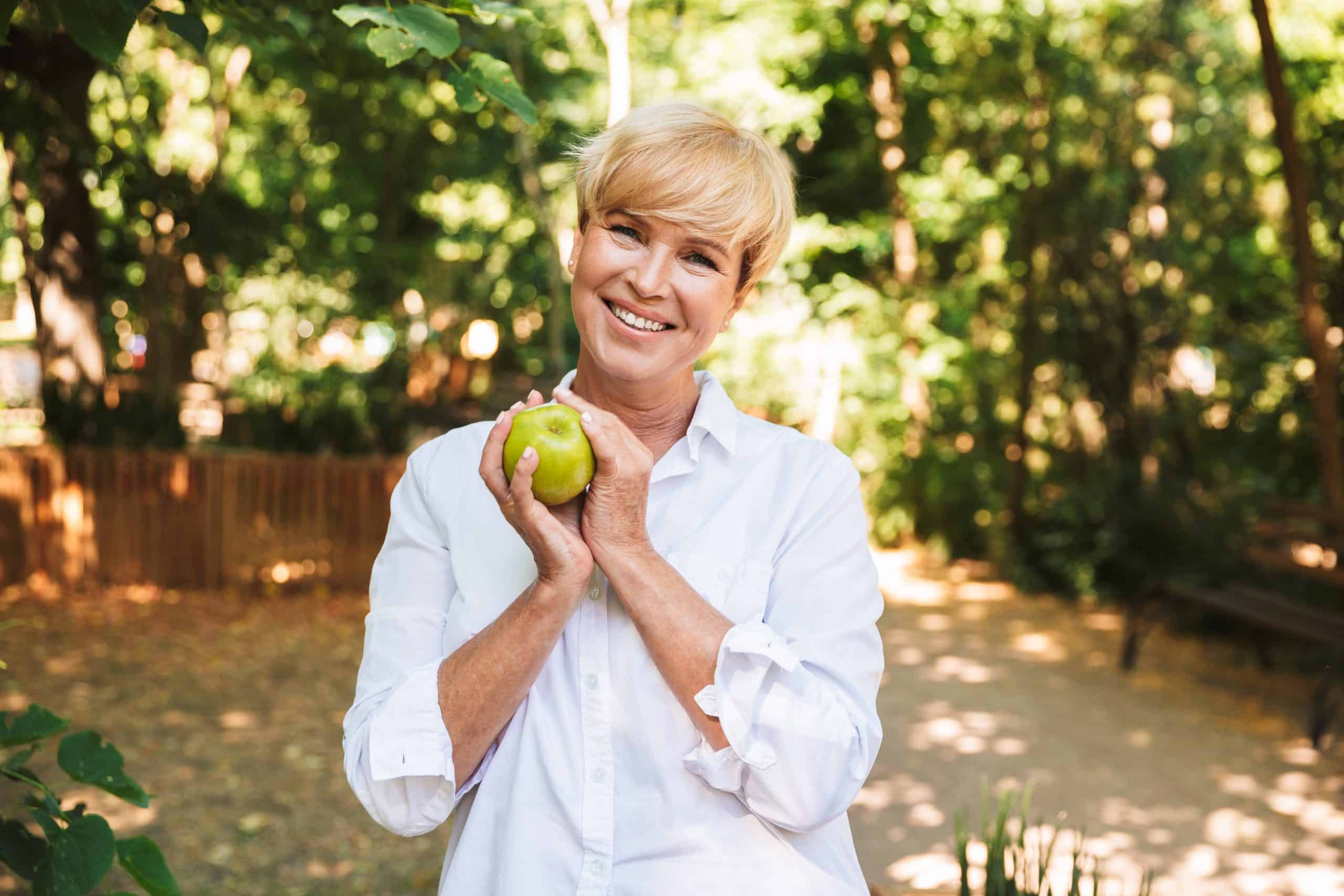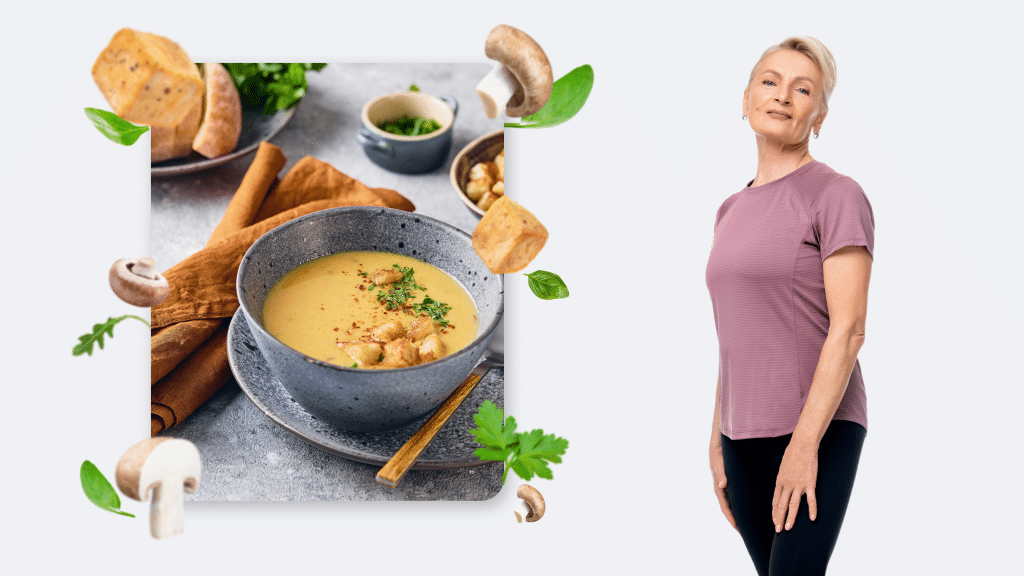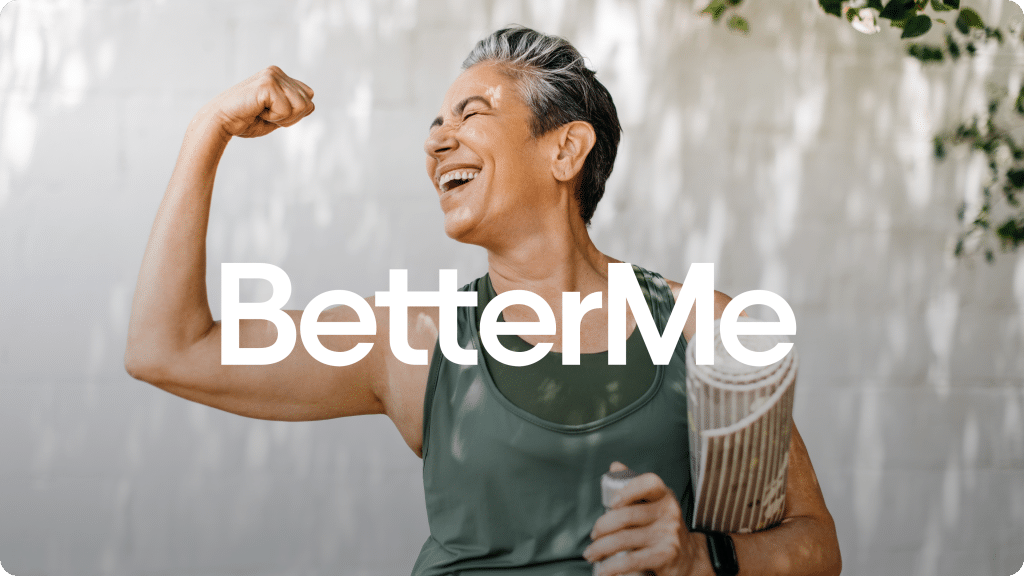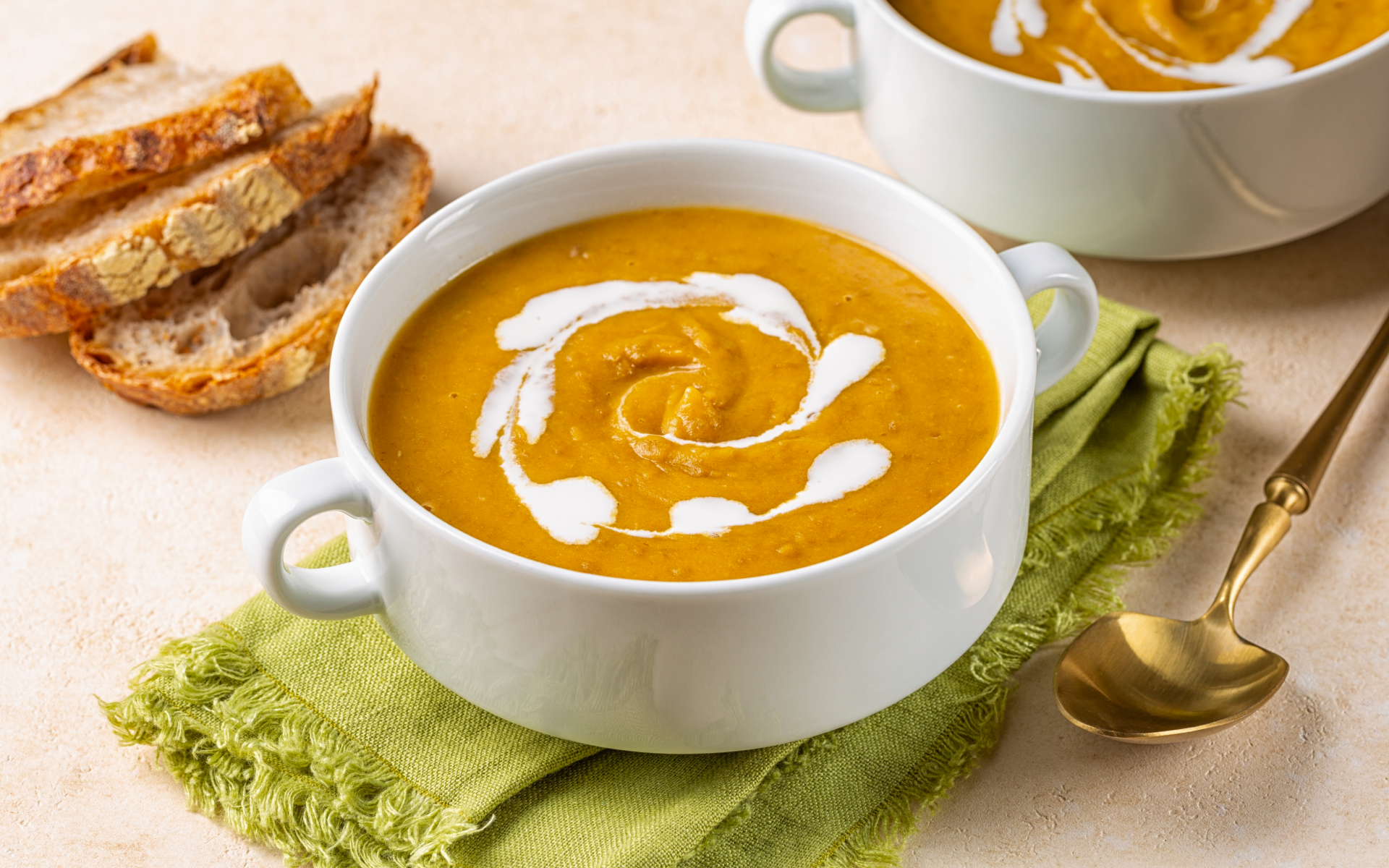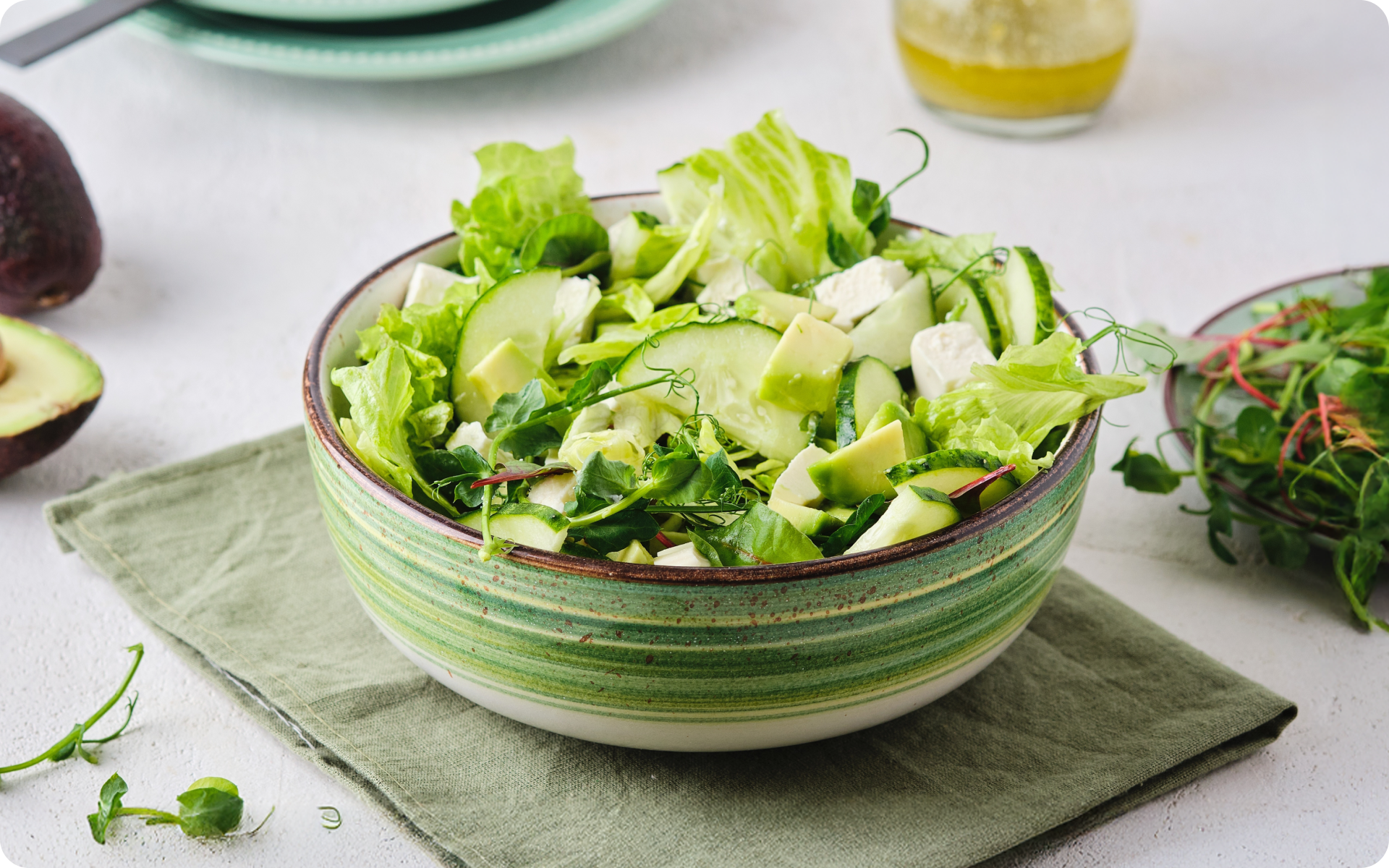Introduction
Animal safety and human health are important issues that can be addressed with a single concept – the vegan keto diet. When addressed, these issues are closely linked and could allow humans to live in a sustainable environment where their health is prioritized. The idea may seem too good to be true, but living in such a world could be possible if more people were to adopt the vegan keto diet.
From a health perspective, people generally tend to have better health when they adopt low-carb dietary practices and reduce their overall consumption of animal products. Some people may also feel better when they follow a high-carb vegan diet.
However, there’s a catch – a keto diet isn’t suitable for all health conditions. Does this mean that vegans should forget about ethical concerns and begin eating animal products anyway?
No!
If you find a high-carb vegan diet isn’t working for you, you should check out the standard ketogenic diet. You can combine both to get the best of both plans. The vegan keto food list is restrictive, but it can be pulled off while maintaining your sanity and improving your health. Ideally, it should contain around 70% fats, 25% protein, and 5% carbs (1). This eating approach can allow people to reap the benefits of going keto and vegan all in one diet.
This article takes a deep dive into the basics of the vegan keto diet and its benefits and provides a sample plan to help you get started.
Understanding the Vegan Keto Diet
Following a vegan keto diet isn’t easy and requires a whole lot of planning to achieve results. You’ll most likely need to get out of your comfort zone and try new recipes. But let’s start from scratch.
What Is the Vegan Keto Diet?
As with the standard keto diet, the key is to swap your starchy vegetables with low-carb, vegan keto diet foods. In addition, you must ensure you get a hearty dose of healthy proteins and fats. When you reduce your carb intake, your body must start to burn fats for fuel instead of sugar (2). This brings about a metabolic state that is known as ketosis.
Considering this eating pattern is made mainly of fats, around 75% of the intake, people who follow the keto diet often opt for high-fat animal products. These include butter, meats, and full-fat dairy products. This factor can make it difficult for keto diet followers to go vegan.
Fortunately, many other high-fat, plant-based choices are available to fulfill the keto diet’s requirements. They can reach the point of ketosis by relying on high-fat, plant-based products such as avocados, coconut oil, nuts, and seeds.
BetterMe will shake off your mental funk, rid you of your energy-zapping habits, and help you sculpt the body of your dreams. Intrigued? Hurry up and change your life for the better!
Key Principles of the Vegan Keto Diet
Now that we know that a vegan low-carb diet is a fusion of two dietary philosophies, it’s essential to understand the core principles. Combining the two means eating plant-based foods that are aligned with the keto-micronutrient protocols.
The key principles of following a balanced vegan keto diet are:
- Monitor the Micronutrients: Make plant-based fats the foundation of your diet, providing roughly three-quarters of your daily calories. Include moderate amounts of vegan protein sources and keep your carb intake minimal.
- Limit High-Carb Foods: Be mindful of carb content in fruits and vegetables. Prioritize those with lower carbs, such as leafy greens and non-starchy vegetables, to support your keto goals (3).
- Add More Healthy Fats: Load up on healthy fats from sources such as avocados, coconut oil, nuts, and seeds. These will nourish your body and keep hunger at bay.
- Keep Hydration at Maximum Levels: Increased water loss is common on a keto diet (4). Make sure to drink plenty of water throughout the day to stay well-hydrated.
- Be Wise with Supplements: The limited food choices on a vegan keto diet may create nutrient gaps. It’s wise to consider supplements such as B12, iron, and omega-3 to fill potential deficiencies (5).
Research in the Nature Medicine journal found that switching to a keto or vegan diet can help improve your immune system. It can also create a healthier gut with a wider variety of good bacteria (6).
Despite all the known benefits, most vegans find themselves at a crossroads when they first pursue keto. Knowing the basics and planning with the assistance of a registered dietician is the way to go.
Read more: Types Of Vegan Diets: 8 Different Versions Of A Plant-Based Lifestyle
How it Differs from Traditional Keto and Vegan Diets
This chart breaks down the key differences between traditional keto, vegan, and keto-vegan diets:
| Keto Diet | Vegan Diet | Vegan-Keto Diet | |
|---|---|---|---|
| Primary Goal | To achieve ketosis, the body uses fat as fuel instead of glucose. | To avoid all animal products for ethical, environmental, or health reasons. | To combine the principles of keto and veganism, i.e. achieving ketosis while consuming only plant-based foods. |
| Macronutrient Ratio | Typically aims for 70-80% fat, 20-25% protein, and 5-10% carbohydrates. | No specific ratio, but it focuses on plant-based foods.No specific ratio, but it focuses on plant-based foods. | Similar to traditional keto, the foods should contain plant-based fats. |
| Focus Foods | High-fat animal products (meat, poultry, fish, eggs, dairy), non-starchy vegetables, nuts, seeds, and healthy oils. | Main food items include fruits, vegetables, grains, legumes, nuts, and seeds. | Non-starchy vegetables, avocados, nuts, seeds, coconut oil, olives, and vegan protein sources (tofu, tempeh, etc.) |
Generally, global trends are demonstrating a steady rise in the adoption of vegan keto diets. This has happened because the diet responds to some of the most pressing issues of the current era:
- Health Benefits: A vegan low-carb diet can help you lose weight in the same way as a keto diet, but without the health risks that are often associated with eating meat, such as high cholesterol and some cancers.
- Climate Change: The industrialized meat industry is terrible for the environment. Eating a plant-based keto diet may help reduce your impact on the planet.
- Animal Welfare: Many people choose veganism because they care about animals. A vegan keto diet means you’re not supporting factory farming, which is often cruel to animals.
Benefits of the Vegan Keto Diet
The vegan keto diet isn’t a fad. If followed precisely, it can provide many significant perks to its followers.
Physical Benefits
The micronutrient distribution of a vegan keto diet can lead to weight loss, which can help manage physical conditions such as obesity. A recent study in the journal Nutrients found that keto diets can improve gut health and help control your appetite (7).
The high-fat and moderate-protein profile of the vegan keto food list can help curb cravings. They promote a feeling of fullness, which makes it easier to adhere to calorie restrictions that are necessary for weight loss.
Adopting a healthy keto diet emphasizes the importance of nutritious whole-food options. This approach minimizes the consumption of ultra-processed foods and maximizes the health benefits of keto and vegan diets.
Mental and Cognitive Benefits
Many followers of the vegan keto diet report positive cognitive impacts and improved energy levels. A study published in the Mental Health Clinician says that following a keto diet may help with mental health problems (8). Avoiding sugar spikes and crashes can lead to consistent energy levels throughout the day.
In addition, ketones have the potential to enhance your focus and mental clarity. They work as a consistent fuel source for the brain and function as an alternative energy source.
Environmental Impact
More people are choosing to go for vegan keto recipes as they’re good for the environment and don’t harm animals. According to Nutrition Reviews, vegan diets are often healthier and more nutritious than diets that include meat (9).
Unlike traditional keto diets that are heavily reliant on animal products, a vegan diet cuts the significant greenhouse gas emissions that are associated with livestock production (10). Animal agriculture is a major reason behind deforestation. A vegan keto diet can help protect forests and biodiversity by throwing animal products out of the equation.
To summarize, a vegan keto diet isn’t only beneficial for followers, it also has a larger impact. The positive environmental influences are among the reasons many individuals feel compelled to try it out. The initial adoption stages may be a little challenging, but learning new recipes and finding a community with the same mindset may help you out.
Foods to Eat on the Vegan Keto Diet
When following the vegan keto diet, it’s essential to include healthy vegan foods that are low in carbs and high in fats. Here’s a list of foods you can add to your vegan keto diet plan:
High-Fat Plant-Based Keto Diet Foods
- Nuts and Seeds: A great source of healthy fats, protein, and essential nutrients.
- Almonds: A great source of healthy fats, protein, and vitamin E.
- Avocados: These creamy fruits contain healthy fats, fiber, and essential nutrients.
- Coconut Products: Coconut oil, milk, and cream are excellent sources of healthy fats.
- Olives and Olive Oil: These provide healthy monounsaturated fats and antioxidants.
- Vegan Cheese Alternatives: Some vegan cheeses are high in fat and low in carbs, which makes them suitable for a vegan keto diet. Look for options that are made from nuts or coconut oil.
- Plant-Based Protein: Tofu, tempeh, and edamame are good protein sources for creating delicious vegan keto recipes.
- Nutritional Yeast: Adds a cheesy flavor and the fortified version provides B vitamins.
Low-Carb Vegetables and Fruits
- Unsweetened Plant-Based Milk: Almond, coconut, or soy milk can be enjoyed in moderation.
- Seaweed: A good source of iodine and other essential minerals.
- Berries: Low in carbs compared to other fruits, enjoy strawberries, raspberries, and blackberries in moderation.
- Above-ground Vegetables: Broccoli, cauliflower, zucchini, etc.
- Leafy Greens: Kale and spinach.
- Mushrooms: King oyster, lion’s mane, shiitake, etc.
- Non-Starchy Vegetables: These are low in carbs and high in fiber, which makes them a cornerstone of the vegan keto diet.
Supplements to Consider
A vegan keto diet can be nutritionally complex, but you should be mindful of potential nutrient deficiencies. Here are some supplements to consider when following this diet:
- Vitamin B12: This is found in animal products, so vegans must take supplements, which may be found in a number of fortified foods, to fill the dietary gaps.
- Vitamin D: Supplements may be necessary if you have less sun exposure. Vitamin D can help to boost your bone health and immune function.
- Omega-3 Fatty Acids: While some plant sources such as flaxseeds and chia seeds contain ALA (an omega-3 fatty acid), the body’s conversion to EPA and DHA (the most beneficial forms) is limited (11). Consider supplementing with algae oil, a vegan source of EPA and DHA.
- Iodine: Iodine helps with thyroid hormone production. Vegans should include iodine supplements, especially if they aren’t regularly consuming seaweed or iodized salt.
It’s important to remember that you shouldn’t take supplements without first getting yourself checked by a professional physician for iron, zinc, or calcium deficiencies. They can evaluate your individual needs and recommend suitable supplements and doses.
Read more: 70-Year-Old’s Diet Plan: Here’s How Older Adults Can Meet Their Nutritional Needs
Challenges and How to Overcome Them
Although there are many benefits of being vegan-ketogenic, there are also some downsides. A 2019 paper indicated that while the short-term effects (up to 2 years) of a keto diet are understood, long-term health outcomes remain uncertain due to the limited research on the topic (12).
Here are some challenges that are associated with this diet:
Nutrient Deficiencies to Watch for
The biggest worry about switching to a vegan keto diet is the risk of not getting enough important nutrients. Everyone, even meat-eaters, can be low on vitamins, and B12 is a common nutrient that’s mainly found in meat.
It’s even trickier because some B12 supplements don’t work well. To stay healthy on a vegan keto diet, you must plan meals carefully, eat lots of nutrient-rich foods, and probably take extra vitamins and minerals.
As if getting enough nutrients on a vegan keto diet wasn’t tough enough, many popular vegan protein sources also have something called trypsin inhibitors (13). These can impact how efficiently your body absorbs amino acids and even some important vitamins.
Meal Planning and Preparation Tips
Another downside of the vegan keto diet is that it may become difficult to plan and prepare meals. It also becomes difficult to balance the intake of micro and macronutrients required for overall health. You’ll need to plan a grocery list according to the requirements of your vegan keto meal plan and may end up spending more time in the kitchen to make your meals.
You can prepare large batches of keto-friendly vegan meals and snacks on the weekends to save time during the week. You can also use a food-tracking app or journal to monitor your macronutrient intake and ensure you stay within your vegan keto diet’s nutrient goals.
Social and Dining Out Challenges
Finding vegan and keto-friendly meals when you’re out can be challenging in restaurants and social gatherings. In addition, some dishes may contain hidden carbs or animal-driven products. This makes it difficult to ensure meals are truly vegan or keto.
And let’s not forget how isolated you can feel when others are enjoying a feast. It can make you feel frustrated and force you to give up.
BetterMe will keep you laser-focused on your weight loss journey! Nutrient-packed meal plans, fat-blasting workouts, galvanizing challenges and much more. Try using the app and see for yourself!
Sample Vegan Keto Meal Plan
Breakfast, Lunch, and Dinner Ideas
Remember to consult a nutritionist before starting a vegan keto diet plan. Below is a 5-day sample vegan keto meal plan that could help you get started:
Day 1
- Breakfast: Chia seed pudding with unsweetened almond milk, topped with berries and a handful of walnuts.
- Lunch: Large salad with mixed greens, avocado, cucumber, bell pepper, olives, and tofu cubes, dressed with olive oil and lemon juice.
- Dinner: Zucchini noodles with pesto, topped with pine nuts and nutritional yeast.
Day 2
- Breakfast: Smoothie made with unsweetened almond milk, spinach, avocado, protein powder, MCT oil, and a handful of raspberries.
- Lunch: Lettuce wraps filled with tempeh, avocado, and sprouts.
- Dinner: Cauliflower rice stir-fry with broccoli, bell peppers, mushrooms, and tofu, seasoned with soy sauce (or coconut aminos) and ginger.
Day 3
- Breakfast: Scrambled tofu with spinach and mushrooms, cooked in coconut oil.
- Lunch: Salad with mixed greens, cucumber, bell pepper, avocado, and hemp seeds, dressed with olive oil and balsamic vinegar.
- Dinner: Portobello mushroom burger with vegan cheese, lettuce, and tomato, served with a side of roasted asparagus.
Day 4
- Breakfast: Bulletproof coffee (coffee blended with MCT oil and unsalted butter or ghee).
- Lunch: Leftovers from dinner.
- Dinner: Coconut curry with tofu, cauliflower rice, and mixed vegetables.
Day 5
- Breakfast: Smoothie made with unsweetened almond milk, spinach, protein powder, MCT oil, and a handful of blueberries.
- Lunch: Make salads with keto-friendly vegetables such as mixed greens, avocado, cucumber, bell pepper, olives, and walnuts, dressed with olive oil and lemon juice.
- Dinner: Eggplant lasagna with vegan cheese and marinara sauce.
Note: This is just a sample meal plan and you can adjust it according to your individual needs and dietary restrictions (if any). Try new methods such as making tofu keto recipes to keep your mealtimes exciting. Remember to stay hydrated and talk to a healthcare professional before you start.
Snacks and Dessert Options
Some snacks and desserts you can munch on without feeling any regrets include:
Snacks:
- Coconut chips
- Zucchini chips
- Vegan cheese
- Seaweed snacks
- Pickles
- Stuffed mini bell peppers
Desserts:
- Vegan keto chocolate bark
- Chia seed pudding
- Almond butter cookies
- Coconut cream with berries
- Coconut fat bombs
- Coconut milk fudge
These options ensure you meet your fat intake requirement and keep the carbs low while sticking to a plant-based keto diet.
Even when done correctly, a ketogenic diet isn’t meant to be a permanent solution, nor is it the only way to achieve desired health outcomes. You can take plant-based proteins such as soy products (tofu, tempeh), seitan, beans, and lentils. Or you can add nuts, whole grains such as quinoa and amaranth, and hemp seeds, which offer good amounts of protein. Yes, you can follow the vegan keto diet if you have food allergies. Try to find alternatives to the products that cause the allergies. Kale chips, zucchini chips, pickles, vegan cheese, or seaweed snacks are some excellent options on the vegan keto diet. You can plan or take your own meals with you to ensure you don’t feel isolated at social events. You can even simply eat your meals at home before you attend an event.Frequently Asked Questions
Is the vegan keto diet safe for long-term use?
How can I ensure I’m getting enough protein on a vegan keto diet?
Can I follow the vegan keto diet if I have food allergies?
What are some quick vegan keto snack ideas?
How do I handle social situations while on the vegan keto diet?
Conclusion
The bottom line is that the vegan and keto diet can work in harmony. If you want to maximize the benefits, you should craft a well-rounded, low-carb vegan meal list that has all the necessary strategies to overcome potential challenges. Be mindful of your nutrient intake and prep diverse meals to keep your meal times exciting. Although it requires dedication, combining a vegan lifestyle with a keto diet can be a healthy option for individuals who seek the benefits of both approaches.
DISCLAIMER:
This article is intended for general informational purposes only and does not serve to address individual circumstances. It is not a substitute for professional advice or help and should not be relied on for making any kind of decision-making. Any action taken as a direct or indirect result of the information in this article is entirely at your own risk and is your sole responsibility.
BetterMe, its content staff, and its medical advisors accept no responsibility for inaccuracies, errors, misstatements, inconsistencies, or omissions and specifically disclaim any liability, loss or risk, personal, professional or otherwise, which may be incurred as a consequence, directly or indirectly, of the use and/or application of any content.
You should always seek the advice of your physician or other qualified health provider with any questions you may have regarding a medical condition or your specific situation. Never disregard professional medical advice or delay seeking it because of BetterMe content. If you suspect or think you may have a medical emergency, call your doctor.
SOURCES:
- A Comprehensive Guide To The Vegan Ketogenic Diet (2022, ruled.me)
- Dietary Advice For Individuals with Diabetes (2024, ncbi.nlm.nih.gov)
- Diet Review: Ketogenic Diet for Weight Loss (n.d., nutritionsource.hsph.harvard.edu)
- A Review of Ketogenic Diet and Lifestyle (2022, ncbi.nlm.nih.gov)
- Foods for Plant-Based Diets: Challenges and Innovations (2021, ncbi.nlm.nih.gov)
- Differential peripheral immune signatures elicited by vegan versus ketogenic diets in humans (2024, nature.com)
- The Potential Health Benefits of the Ketogenic Diet: A Narrative Review (2021, mdpi.com)
- The use of the ketogenic diet in the treatment of psychiatric disorders (2021, meridian.allenpress.com)
- Diet quality of vegetarian diets compared with nonvegetarian diets: a systematic review (2019, academic.oup.com)
- A comprehensive review on carbon footprint of regular diet and ways to improving lowered emissions (2023, sciencedirect.com)
- Beyond Fish Oil Supplementation: The Effects of Alternative Plant Sources of Omega-3 Polyunsaturated Fatty Acids upon Lipid Indexes and Cardiometabolic Biomarkers—An Overview (2020, ncbi.nlm.nih.gov)
- Ketogenic Diet (2023, ncbi.nlm.nih.gov)
- The nutrient profile and cost of specialty dietary patterns: a hypothetical case study (2023, ncbi.nlm.nih.gov)
